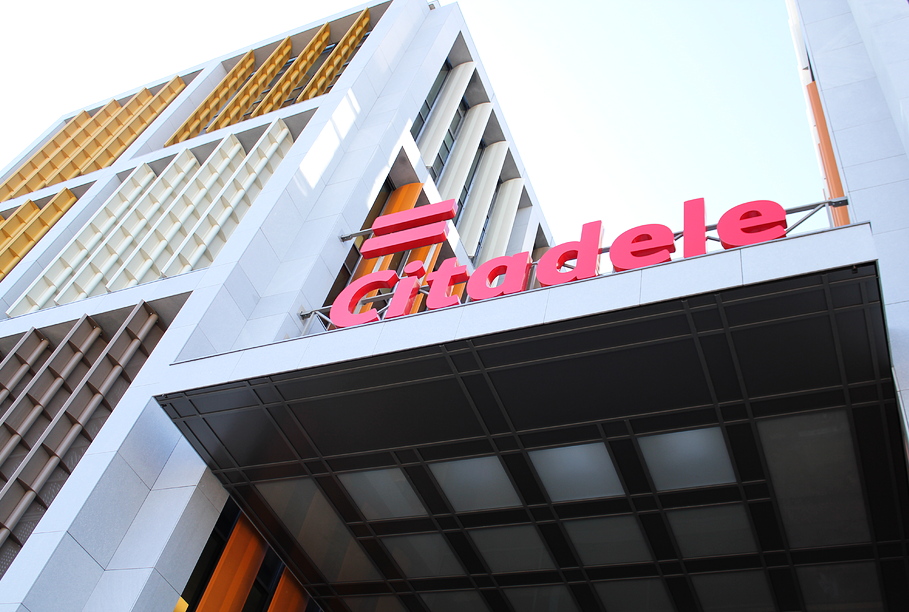The parliamentary investigation panel adopted its final report with nine votes to one.
The commission said that the government's actions suggested that it "was not exactly clear on the price of Citadele shares, and that it trusted the opinion of the investors. The Privatization Agency had not calculated the price and had not set any price range that could be used to compare offers."
The commission also indicated that the state will be able to only partly recover resources invested in restructurization of Parex bank, Citadele's predecessor. According to estimates, some €500-700 million will not be recovered.
Lawmakers believe that a new parliamentary panel for investigating the impact of the takeover and restructurization of Parex back in 2008, and its effect on the national economy, should now be set up.
The report also describes the process of sell-off, reproaching the government for making a controversial and non-transparent decision to continue sell-off negotiations with one of the candidates exclusively - a group of international investors with Ripplewood Advisors LLC as the leading investor.
Even though the economy minister at the time, Vjaceslavs Dombrovskis, recommended continuing negotiations with three short-listed candidates, the Cabinet of Ministers made a different decision, effectively turning a competitive process into a one-horse race.
Ripplewood Advisors LLC offered the lowest possible price for the shares, the commission believes, arguing that if the government had not made the decision on exclusive negotiations with just one potential investor, the price most likely would have been higher.
The parliament lawmakers concluded that the main goal of the process had been to sell the bank regardless of price, and to prevent the possibility that future shareholders are related with capital coming from Russia.
The commission says that whether the Citadele sell-off will promote development of the financial market in Latvia is a big question mark at this time.
In one of several curiously naive observations lawmakers indicated the goal of the financial investors was to earn a profit and therefore the investors are not interested in sustainable development of the Latvian national economy - a questionable criticism which presumably applies to all other commercial banks, too.
There is no re-sale ban included in any of the agreements to stop the new owners selling the bank on, the panel also noted while concluding that expenses for consultations and public relations services in the sell-off process were "overblown".
The sell-off of the state-held 75 percent stake in "Citadele" bank was completed on April 20, 2015, with "Citadele Holdings LLC", a subsidiary of "Ripplewood Advisors LLC", and a group of international investors, becoming shareholders in the bank. The price paid for the state-held stake was €74.7 million. The European Bank for Reconstruction and Development (EBRD) retained its 25 percent stake in the bank.
Latvian Privatization Agency's board chairman Vladimirs Loginovs said in an interview with LETA earlier that the price of the sell-off deal had been just one of the government's goals. Other goals were to diversify the investors base in the banking sector, attract a stable and growth-oriented invests, and develop the stock market.
He said that the sell-off procedure had been organized in line with the common procedures, attracting professional consultants - "Societe Generale".
Another important factor was that the European Commission had set a requirement that the bank should be sold by the end of 2014 and was not ready to extend the deadline.
Citadele bank, established as a result of reorganization of the bailed-out Parex banka, became operational on August 1, 2010. In late 2008 the Latvian government took over Parex banka, which was the second largest bank in Latvia at the time, in order to stop the local banking system going into meltdown.



























